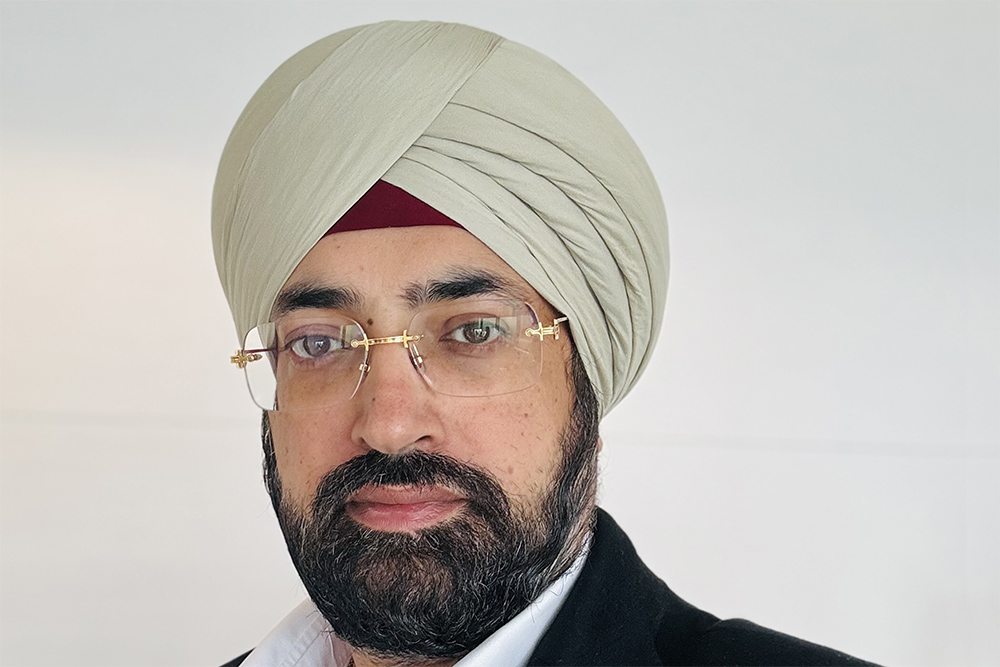In Conversation with Divas Chawla, Chief Global Officer & Managing Director, Global Solutions, Savista RCM
A high-performance culture is the bedrock of any thriving organisation. It creates an environment where individuals are motivated, empowered, and aligned towards a common vision. In an exclusive conversation with ET Edge Insights, Divas Chawla, Chief Global Officer & Managing Director, Global Solutions, Savista RCM, delved into the key aspects of creating a high-performing culture that fosters excellence and maximises productivity in an organisation.
With his extensive experience in leadership and organisational development, he shared strategies to align values, cultivate employee engagement, nurture talent, and inspire a growth and inclusive mindset.
Chawla highlighted a few important pillars for a high performing culture. He mentioned having clear goals in each hierarchy of an organisation. Exhibiting the right kind of behaviour is crucial, as is ensuring the right behaviours are getting the outcomes and not vice versa. Creating an environment of unbiased culture where there is no bias in evaluating or rewarding colleagues
One of the key topics discussed was the significance of continuous learning and development. Chawla emphasised the importance of encouraging a culture that values ongoing learning and provides opportunities for employees to enhance their skills and knowledge. This can be accomplished through training programmes, mentorship initiatives, and regular feedback.
According to Chawla, one of the fundamental principles of driving a high-performance culture is for leaders to “walk the talk.” This means that leaders should exemplify the desired culture they want to foster within their organisation. He emphasises that leaders play a crucial role in shaping the culture of an organisation. They serve as role models and set the tone for the behaviour and values that are expected from employees. Simply stating the desired culture is not enough; leaders must actively demonstrate it through their own actions and behaviours.
As a leader, Chawla believes in hiring individuals who are different from him. He actively encourages a culture of inclusion and respect within his organisation. This creates an environment where every individual feels valued and empowered to contribute their unique skills and ideas.


